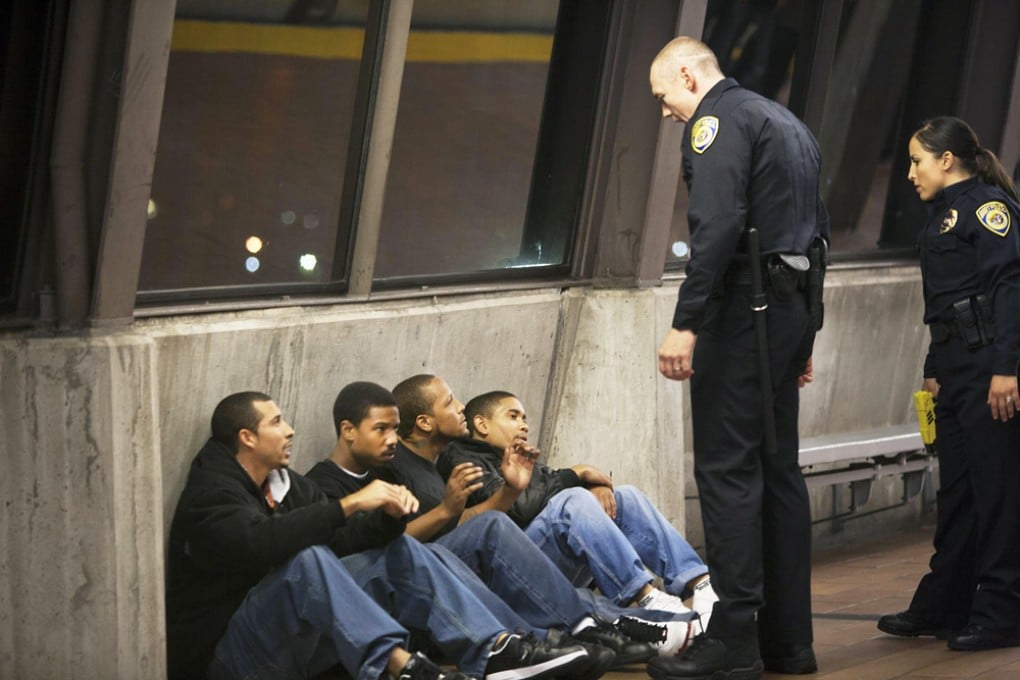Low-key film brings injustice to life
A film about a man's last day points to an injustice black Americans face daily, writes James Mottram

In the early hours of New Year's Day in 2009, tragedy struck California resident Oscar Grant. It began with a minor scuffle on a train as it pulled into the Fruitvale Bay Area Rapid Transit (BART) station in Oakland. Before he knew what was happening, the unarmed Grant was lying face down on the platform; moments later, he was shot in the back by BART officer Johannes Mehserle.
Grant, 22, died seven hours later. Found guilty, Mehserle served just 11 months of a two-year jail sentence for involuntary manslaughter. Anger swept through Oakland as murals and graffiti art sprang up paying tribute to Grant.
I know there are people out there who have problems with the film
Now, thanks to 27-year-old director Ryan Coogler's Fruitvale Station, audiences have a chance to see what happened. Spanning the last 24 hours of Grant's life, the no-frills drama points to a brutal injustice that has become all too familiar in America of late.
Actor Michael B. Jordan, who portrays Grant, has seen it all before. "I'm from Newark, New Jersey, and I used to catch the train all the time from Newark to Manhattan when I was going to auditions, growing up," he says. "And during the holidays, it was the same: me and my friends would go to the city to hang out, and you'd see altercations with police officers and passengers all the time. It didn't escalate to that level but … me and Oscar are very close in age, so it could've easily been me."
Moreover, Fruitvale Station arrived in the wake of last year's controversial acquittal by a Florida jury of former neighbourhood watch captain George Zimmerman of manslaughter and second-degree murder in the fatal shooting of Trayvon Martin, a 17-year-old African-American. The verdict led protesters to take to the streets in more than 100 American cities, with ugly riots in Los Angeles.
Factor in the deaths of Amadou Diallo, unarmed and shot dead by four NYPD plainclothes officers in 1999, and Sean Bell, gunned down in Queens on the eve of his wedding in 2006, and Grant's death is hardly an isolated incident. The police officers involved in those two deaths were acquitted.